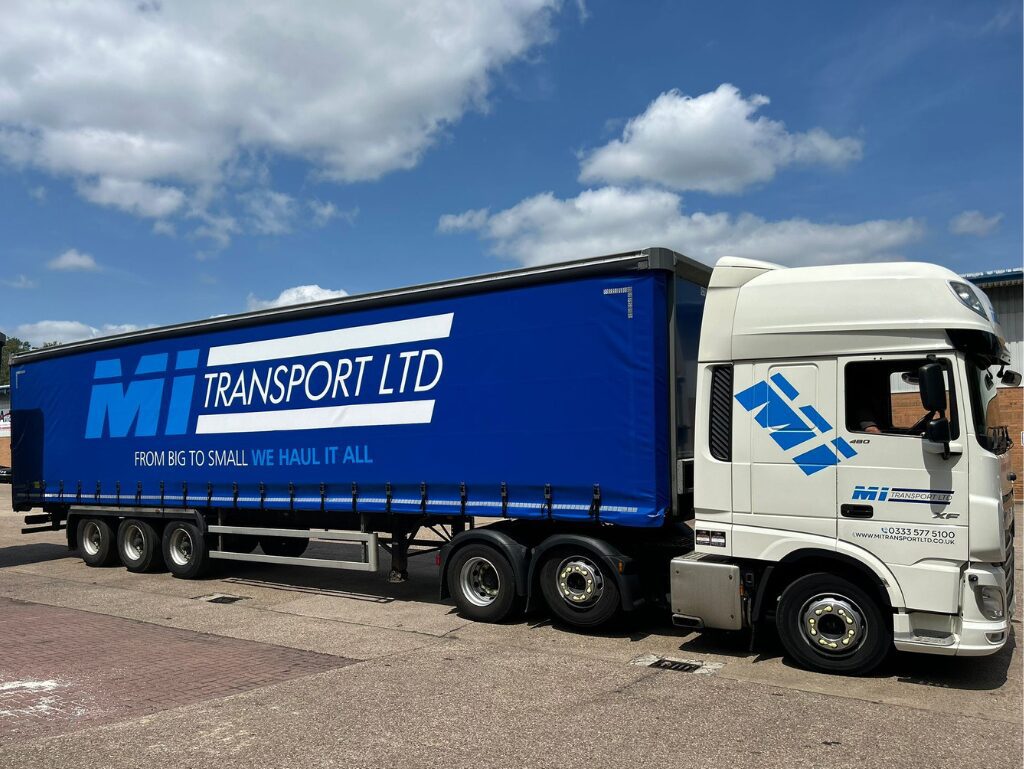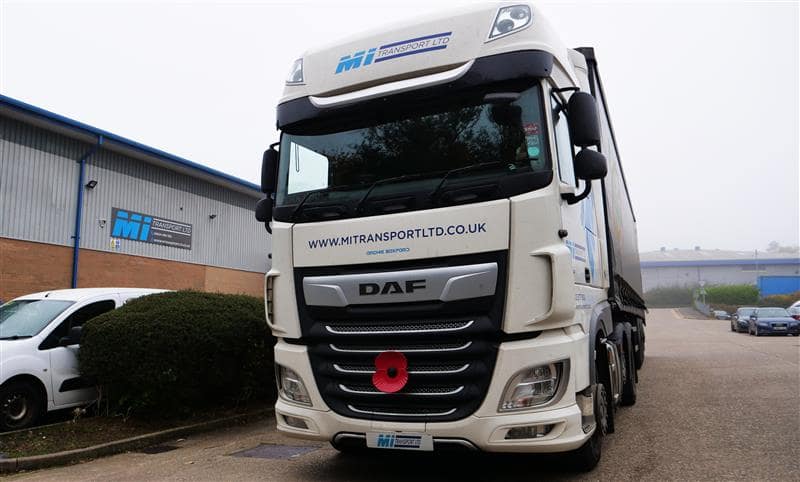Any business that manufactures or transports stock should have a robust logistics plan. Ample logistics planning allows your company to minimise delays, reduce costs, offer excellent customer service and expand your business capacity. By partnering with reliable suppliers and transport services, you can ensure the supply chain is operating optimally and you are consistently providing quality services.
Creating a logistics plan
The first step in logistics planning involves gaining a thorough understanding of your supply chain. From sourcing materials to transportation and even customer returns, researching your current system and collecting information on the stages that are time consuming or often cause delays will provide crucial insight when planning.
Logistics planning services can allow you to gain professional advice to construct a detailed short-term and long-term logistics plan to meet customer demand and accommodate for growth. Your plan should incorporate details on all facets of the logistical process to reduce potential delays at any stage.

Things to consider when logistics planning
The different aspects of the supply chain include: procurement, suppliers, transportation, handling, resource management, inventory management, packaging, fulfilment and reverse logistics.
Properly vet your suppliers and partner with multiple manufacturers in case one experiences issues or delays. Package goods safely and professionally and consider purchasing shipping insurance to protect your stock.
When hiring transportation services, prioritise safe handling and prompt delivery times. If you are transporting temperature-controlled goods or other delicate or sensitive material, ensure staff have been suitably trained in handling these products.
Collect data on your delivery times and notice which areas may be lacking in efficiency. Streamline or automate certain processes to reduce the need for unnecessary paperwork or admin.
At MI Transport, we can offer same-day delivery with a skilled team and a range of transportation specialities. To learn more, get in touch with our team by emailing info@mitransportltd.co.uk.


